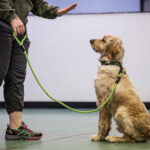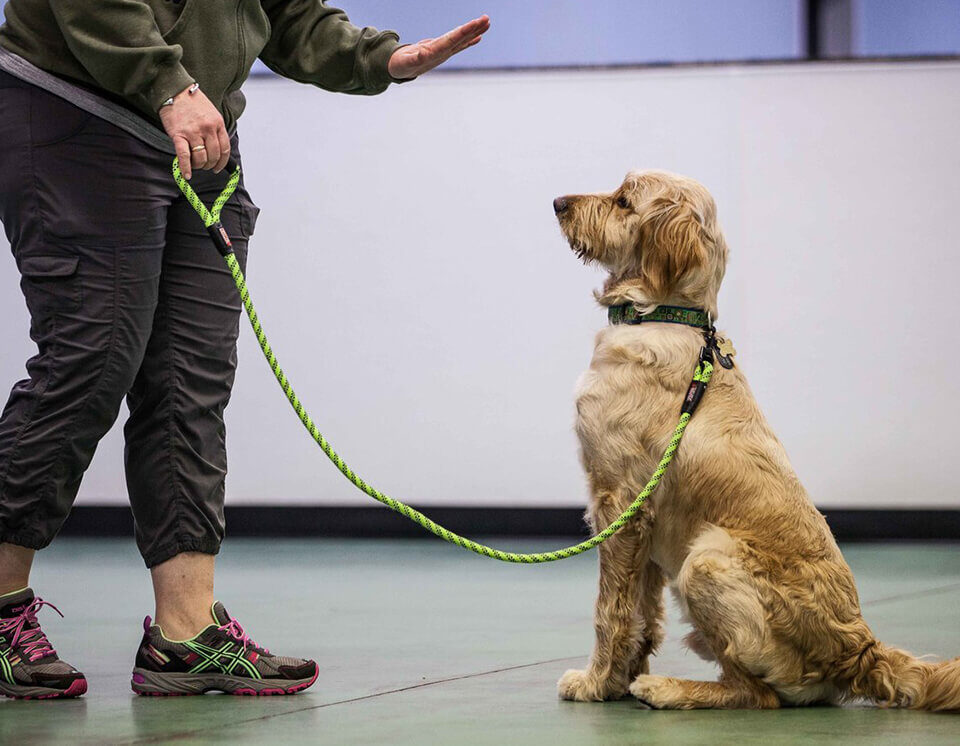
Training Your Dog at Home: Essential Tips for Success
September 19, 2024How Police Dogs Are Trained: Methods, Duration, and Insights
Police dogs, also known as K9s, play a vital role in law enforcement, assisting officers in tasks such as tracking suspects, detecting drugs or explosives, and protecting their handlers. The process of training a police dog is rigorous and highly specialized, requiring both natural ability and extensive instruction. Not every dog is suited for this demanding work; trainers typically select breeds known for intelligence, drive, and strong work ethic, such as German Shepherds, Belgian Malinois, and Labrador Retrievers.
The training of a police dog begins with basic obedience. Before learning any specialized skills, dogs must master commands like “sit,” “stay,” “heel,” and “come.” This foundation ensures that the dog is attentive and responsive to its handler in any situation. Once basic obedience is established, the dog moves on to more advanced tasks, such as scent detection, tracking, and apprehension. Each skill is introduced gradually, using positive reinforcement techniques like treats, toys, and praise to encourage correct behavior.
There are several methods used in police dog training, depending on the intended role of the dog. For detection work, trainers use scent association, teaching the dog to recognize and alert to specific odors, such as narcotics or explosives. For patrol and apprehension, dogs are trained to pursue and subdue suspects on command, always under the strict control of their handler. Socialization is also a crucial part of the process, ensuring that police dogs can work safely in public spaces and remain calm under pressure.
The duration of police dog training varies based on the dog’s role and individual progress. On average, it takes between four to six months of intensive daily training for a dog to become operational. However, some specialized areas, like search and rescue or cadaver detection, may require additional months of instruction. Even after initial certification, police dogs and their handlers continue to train regularly to maintain and sharpen their skills.
Training a police dog is a significant investment of time and resources, but the results are invaluable. Well-trained K9s become trusted partners to their handlers and essential assets to their communities. Their dedication, intelligence, and unique abilities make them irreplaceable members of law enforcement teams, helping to keep people safe every day.

